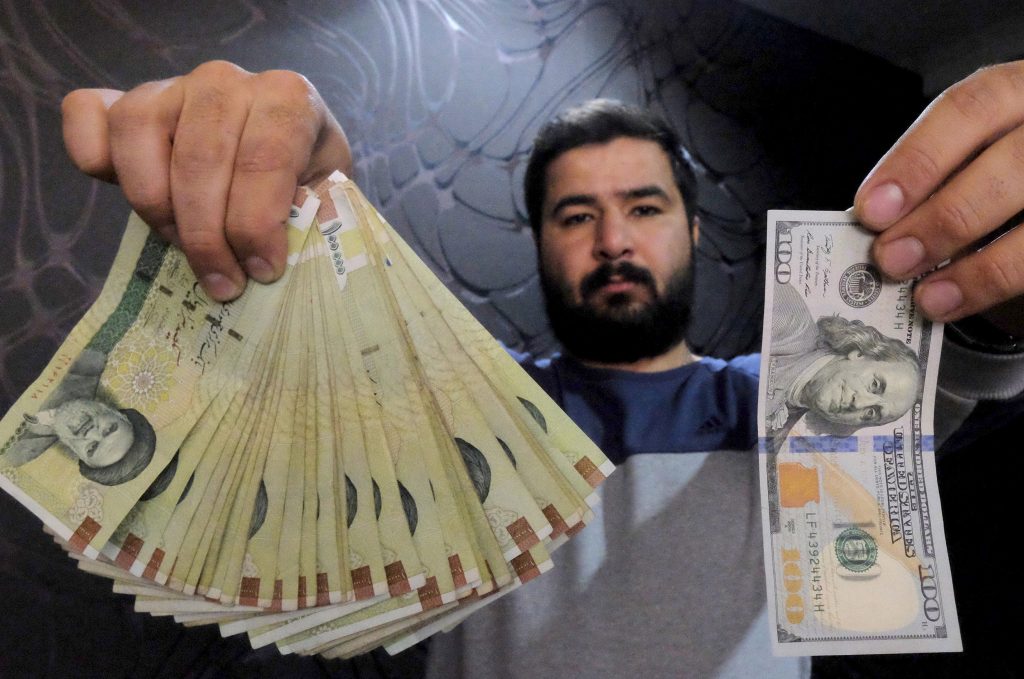Last week marked “implementation day” of the Joint Comprehensive Plan of Action, better known as the Iran nuclear deal. With the deal formally in effect, Iran will begin receiving sanctions relief, leading many to conclude, as NPR recently reported, that “European and Asian companies are expected to flock to Iran now that the UN sanctions are lifted.” The reality, however, is more complicated and points to possible future tensions in the implementation of the agreement.
To be sure, many companies are eager to rush into a large and sophisticated Iranian market hungry for outside investment. On the other hand, many are also cautious and see good reason to keep their money on the sidelines, at least for now.
There are, of course, the obvious concerns about widespread corruption and state interference in the Iranian economy, but others are also worried about the return of international sanctions. The United States has threatened, and indeed has already issued, new sanctions designations related to Iran’s ballistic missile program, support for terrorism, and human rights abuses. While these are, and will continue to be, much narrower in scope than the nuclear sanctions of the past, they can still negatively affect foreign firms operating inside Iran.
In addition, it is always possible that Iran will fail to live up to its side of the nuclear agreement, resulting in the “snap back” of the broader international sanctions regime. Finally, leading US presidential candidates have vowed to tear up the deal on “day one” in the Oval Office. They have threatened to reinstate US penalties and work to restore multilateral sanctions. Even if they are unsuccessful at the latter, US secondary sanctions can still, in effect, force foreign firms to choose between doing business with Iran or doing business with the United States, which most agree is not really a choice at all.
Making a major investment in Iran now only to have less than a 50/50 chance (depending on the outcome of the US presidential election and the other factors) that the investment will be safe in twelve months is a risky bet and not one that all will be willing to make.
Indeed, many business leaders from the United States and around the world have, in conversations over the past year, expressed reservations about immediately rushing into Iran. While there are no doubt benefits to being an early entrant into a newly opened market, many would still prefer to wait and see how things develop in order to have greater confidence in the security of their investments.
Some firms are already contacting the Treasury Department’s Office of Foreign Assets Control (OFAC), seeking reassurances, but OFAC cannot prudently provide guarantees on this issue, especially at this early date.
In the short term, at least, Iran may receive less of an injection of foreign capital and investment than it bargained for and this could have important implications for the future of Iranian politics and the nuclear deal.
For those in Washington who believe that the United States gave up too much in return for too little, caution on the part of international business may be something of a blessing. The international community can faithfully implement the terms of the agreement without fully reintegrating Iran into the global economy.
Tehran, which entered the nuclear negotiations with the primary goal of achieving sanctions relief, may be in for a less pleasant surprise. If the deal does not provide a speedy economic recovery, skeptics of the deal will have more ammunition to attack it and even supporters may rethink their position.
Finally, this dynamic strengthens the policy position of US presidential hopefuls who oppose the deal. The less trade and investment that flows into Iran in the next twelve months, the easier it may be for a future US President to unwind the deal and reinstate sanctions on January 2017.
To date, those interested in the future viability of this deal have focused on Iran’s steps in rolling back parts of its nuclear program. Over the next few months, however, attention will turn to the international business community. Some would argue that politicians and diplomats showed bravery in putting their reputations on the line to strike this controversial accord. But whether the deal ultimately holds will depend to no small degree on the action of the private sector. And, as it is often said, money is a coward.
Matthew Kroenig is a Nonresident Senior Fellow in the Atlantic Council’s Scowcroft Center for Strategy and Security.
Image: A moneychanger poses with a US dollar and the amount it is worth in Iranian rials at a currency exchange shop in Tehran, Iran, on January 20. (Reuters/Raheb Homavandi)
